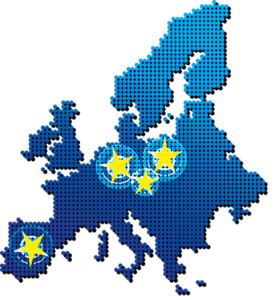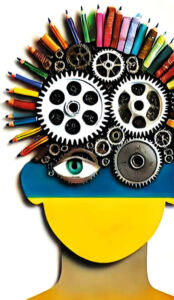|
Ukrainian boarding schools in EU |
 |
 |
SUN is a project designed to preserve Ukrainian identity by helping children grow, teaching them leadership skills, and supporting their cultural heritage. |
SUN Mission:
|
 |
| Countries and Locations: Poland Germany Czech Republic Spain |
 |
| In each country, a plot of land is accepted for the design and construction of the boarding school infrastructure (campus). |
 |
SUN Goals:
|
What Do We Offer?
- Innovative Educational Programs — Integration of modern approaches, including International Baccalaureate (IB) programs and vocational training in fields such as robotics, modeling, drones, and unmanned solutions. Project-based learning.
- Development Support — Every student is assigned a mentor from top universities or global corporations, who guides them throughout their education.
- Global Thinking — Our graduates will have international opportunities but will maintain their Ukrainian roots.

|
Each campus is divided into four zones |
 |
Call to Action:
Join us and help change Ukraine’s future through education! Support the SUN project and give thousands of Ukrainian children the chance for a better life and future!
 |
SUN — Learning with Heart. |
Become a member of the SUN project and receive a certificate of participation. Make a targeted contribution to the design and construction of boarding schools. Let’s save the nation’s genome!
By PayPal/Card
You can make a donation through PayPal, either using your account or, if you don’t have one, by securely processing your payment with a credit card. PayPal also allows you to choose the specific cause your donation will support.
| USD | EUR | UAH |
By bank transfer:
UAH
Legal entity The Grand prix Ukraine
Enterprise code 40385813
Currency of account UAH
Account number UA813510050000026001879035373
Bank name JOINT STOCK COMPANY “UKRSIBBANK”
USD
Legal entity The Grand prix Ukraine
Enterprise codo 40385813
Currency of account USD
Account number UA463510050000026008879035382
Bank name JOINT STOCK COMPANY UKRSIBBANK
Beneficiary bank (JSC 020061151200138 “UKRSIBBANK”) UKRSIBBANK
ANDRIIVSKA STREET 2/12
KYIV. UKRAINE
SWIFT code KHABUA2K
Intermediary bank BNP PARIBAS U S A – New York Branch New York, USA SWIFT-code BNPAUS3N
EUR
Legal entity The Grand prix Ukraine
Enterprise code 40385813
Currency of account EUR
Account number UA283510050000026009879035381
Bank name JOINT STOCK COMPANY “UKRSIBBANK”
Beneficiary bank (JSC 07205696 “UKRSIBBANK”) UKRSIBBANK
ANDRIIVSKA STREET 2/12 KYIV, UKRAINE SWIFT code KHABUA2K
Intermediary bank BNP PARIBAS SA
Paris. FRANCE
SWIFT-code BNPAFRPP
